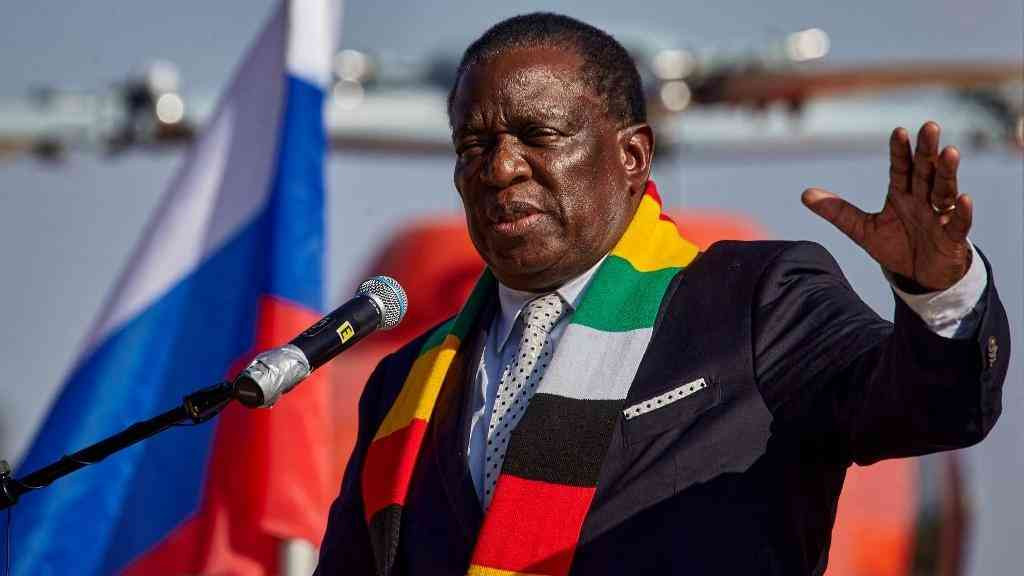THE National Blood Service Zimbabwe (NBSZ) has sent an SOS to potential blood donors to come forward and give blood to beef up the country’s depleted blood bank.Our perennially low blood stocks were further depleted over the just-ended festive season, which was characterised by hundreds of accidents that claimed both life and limb and exerted even more strain on the country’s blood reserves.
NBSZ tells us that it is facing a serious problem of a dwindling population of adult blood donors, a critical group which the organisation relies on to maintain a decent blood bank.While we feel for NBSZ, we believe something is not right with our blood collection system which has depended on free blood donations for decades.
What is curious about our blood collection and distribution system is that people are freely giving their blood, but NBSZ is selling the blood to those in need of the precious commodity at a high price.
This is most likely dissuading many potential blood donors who feel somewhat cheated in that they freely give their blood, but those who should be benefiting from their free gift are paying through their noses to access the donated blood.
According to the Health and Child Care ministry, “the price of blood (packed cells) is US$100 for public sector patients and US$120 for private sector patients”. Informing these high costs is the cost of processing the blood after it has been donated.
Cognisant of the hidden but critical costs involved from the donor to the beneficiary, we, however, believe that a little incentive to the donor will probably help to increase the number of people willing to give their blood so that they, at least, feel that they are not being cheated somehow.
The issue of the costs involved in producing the final blood product for patients has never been clearly explained to donors for them to understand and appreciate what it takes for blood to finally reach a beneficiary.
Be that as it may, NBSZ needs to work on some kind of incentive to nudge potential donors to give their blood, while the organisation should at the same time launch a major nationwide campaign educating people about how the entire blood services system works.
This means that NBSZ needs to invest more for it to be able to increase the donor population.While NBSZ is at it, we are also curious to know who are the biggest consumers of the donated blood? If it is road traffic accident victims, then NBSZ needs to collaborate with other arms of government such as the police and the Traffic Safety Council of Zimbabwe to reduce accidents on our roads.
If, indeed, road traffic accident victims are the biggest consumers of the precious blood, we urge to police to be more ruthless in managing our roads where lawlessness and recklessness are now increasingly becoming the order of day.
We all need to join forces to preserve our precious blood stocks by plugging all such unnecessary leakages such as preventable accidents which are draining our blood bank.





